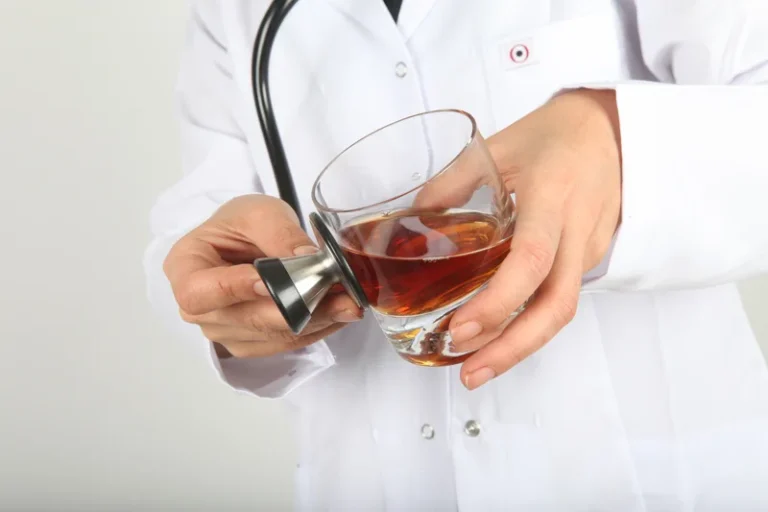
Acknowledging you have a problem with alcohol is not a sign of weakness or some kind of character defect. In fact, it takes tremendous strength and courage to admit your problem and decide to face up to it. The teenage years can often be challenging and stressful, and it’s not unusual for people to turn to alcohol as a way of coping with their issues. But whatever difficulties you’re facing at the moment, there is help available and there are healthier, more effective ways of resolving them. Because the adolescent years are a time of development, teens’ bodies are less able to process alcohol.
Physical and mental conditions:

Type of MRI that examines the diffusion of water molecules (which move more rapidly along, rather than across, myelinated axon pathways) to assess the functional integrity of white matter fibre bundles and to index their neuropathology. Studies that track individuals over time, ideally starting before the emergence of the target measure (for example, in this context, before the initiation of alcohol use or problematic alcohol use). You need https://ecosoberhouse.com/ help right now and several organizations are ready to lend a hand. During a blackout, a person is completely unaware of their surroundings and actions. In all too many cases, they wake up in the hospital after a car accident — or don’t wake up at all — and seriously injure unsuspecting passengers, people in other cars or pedestrians. You’ve found bottles of alcohol hidden in your child’s room and regularly smelled alcohol on their breath.
That’s an awful lot of youth who could be changing their brains — and their lives — forever.
- They want to feel heard and understood, so even when you don’t like or agree with what they’re saying, it’s important to withhold blame and criticism.
- Alcohol use can affect a teen’s mood and personality, trigger teen depression, anxiety, or suicidal thoughts/ideation, and lead to an increase in risky behavior such as driving while impaired, having unprotected sex, fighting, stealing, or skipping school.
- For females, binge drinking means having four or more drinks on the same occasion on at least one day in the past month.
- It should not be used in place of the advice of your physician or other qualified healthcare providers.
- However, it is still important to know how alcohol affects your health, how to identify signs of a problem, and where to get help.
They try to do this in manners that challenge authority, particularly the close authority figures they have followed most of their lives, such as teachers and parents. Use of alcohol is one way to challenge this authority, but children and adolescents do not fully understand the risks on their health and behavior. Additionally, the NIAAA notes that people who start drinking before age 15 are more than three times as likely to develop AUD as an adult than people who waited until age 21 to start drinking.
Impact on your safety
In both adolescents and adults, drinking also compromises the ability to sense danger by disrupting the function of a brain region called the amygdala. Alcohol often produces rewarding feelings such as euphoria or pleasure that trick the brain into thinking the decision to drink alcohol was a positive one and that motivate drinking again in the future. While, binge drinking does not necessarily make you an alcoholic, it is one of the primary contributing factors to teenage alcoholism. Once a high tolerance for alcohol is achieved, young drinkers can easily find themselves experiencing an alcohol use disorder (AUD), either while still underage or in their later years. Due to inexperience with alcohol, generally lower aversion to risk, and susceptibility to peer pressure, teenagers have a substantially higher risk for binge drinking than most other age groups. Binge drinking is defined as consuming 4 or more alcoholic beverages in under 2 hours for women or consuming 5 or more alcohol beverages in the same amount of time for men.

Age-related differences in the effect of chronic alcohol on cognition and the brain: a systematic review
Get professional help from an online addiction and mental health counselor from BetterHelp. If you suspect that someone is experiencing an alcohol overdose, call 911 for help immediately. Do not wait for the person to have all the symptoms, and be aware that a person who has passed out can die. Don’t play doctor—cold showers, hot coffee, food, and walking do not reverse the effects of alcohol overdose and could make things worse. All of these factors make it important to find treatment providers who have special expertise in treating adolescents. Counseling for adolescents may use different techniques and often places much greater emphasis on family therapy.
- You can start by reaching out to us and we’ll help you take it from there.
- They’re also more likely to experience social, academic, and legal issues.
- There are numerous individual treatments for alcoholism in teens.
- Know where and how to get treatment and other support services and resources, including counseling or therapy (in person or through telehealth services).
- This is of particular concern when you’re taking certain medications that also depress the brain’s function.
When your teen abuses alcohol, it’s easy to judge yourself or negatively compare your family to others. But it’s worth remembering that the teen years don’t last forever. With your guidance and support, your child can learn to resist the allure of underage drinking and, if teenage alcoholism they later choose to do so, develop a healthy, responsible relationship with alcohol when they reach adulthood. Binge drinking is defined as drinking so much within a short space of time (about two hours) that blood alcohol levels reach the legal limit of intoxication.

- You can help by exposing your teen to healthy hobbies and activities, such as team sports, Scouts, and after-school clubs.
- Among children aged 12 to 17, nearly 10% have used alcohol in the past month.
- It also allows adolescents to ask questions of a knowledgeable adult.
- But as you continue to drink, you become drowsy and have less control over your actions.